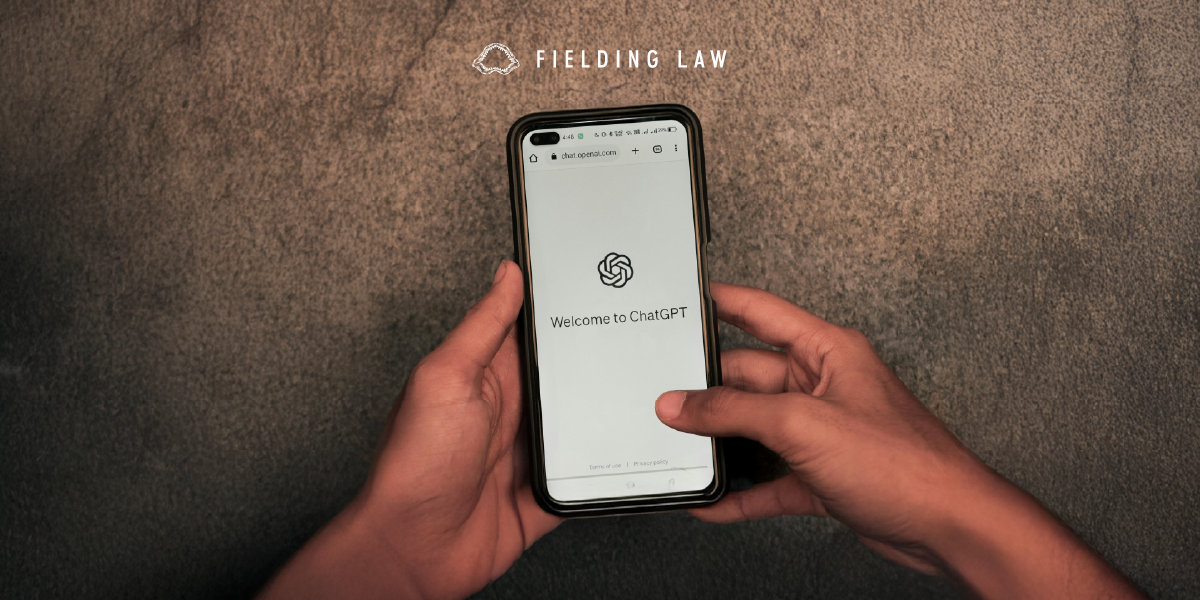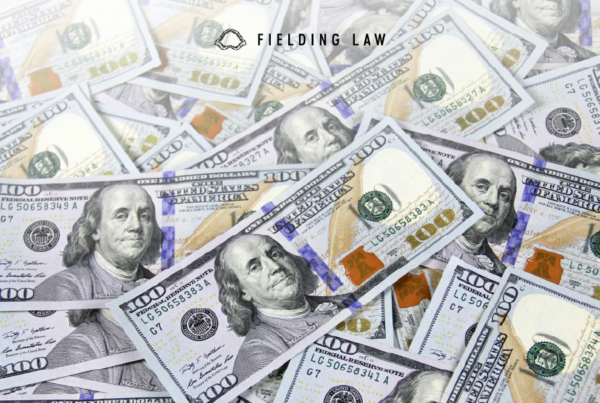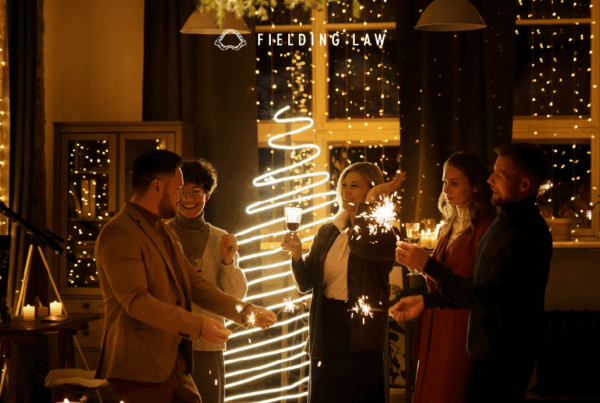Picture you are about to update your attorney. You want your message to sound clear and organized, so you copy your thoughts into ChatGPT and ask it to write the email for you. It feels harmless, but it can be a major mistake that puts your entire case at risk.
Many clients turn to ChatGPT for quick answers about their personal injury case. While it may feel convenient, relying on public AI tools can unintentionally harm your claim. Personal injury cases in California and Arizona involve sensitive facts, strict legal requirements, and confidential strategy. These details must stay protected.
How ChatGPT Can Misinterpret Your Situation
ChatGPT gives general information. It does not understand the full context of your injuries, your medical treatment, or the specific laws that apply to your case. When clients ask about fault, timelines, or possible case value, the information they receive is often incomplete. This can create false confidence. For example, someone may think their case is simple when it actually involves multiple responsible parties or complex liability rules.
When Clients Use ChatGPT to Draft Emails
Many clients use ChatGPT to help draft emails to their lawyer. They enter their name, their attorney’s name, the law firm, their case number, medical details, witness names, or even concerns about strategy. This feels efficient, but it is extremely risky.
Open AI tools are accessible to the public. Anyone, including the defense or an insurance company, can use these tools. If you enter sensitive facts into ChatGPT, you could accidentally reveal important details about your case. Defense teams can test prompts on similar topics and gain insight into your injuries, concerns, or legal strategy without you ever knowing.
Open AI Is Not Private
Anything you enter into ChatGPT can affect your claim. ChatGPT is not a secure communication method, and it is not protected by the attorney-client privilege. If you share private details about your injuries, witnesses, or treatment, that information may be stored, processed, or reused. This means your confidential information may lose its protected status.
Bloomberg Law reports that careless use of public AI tools can jeopardize both attorney client privilege and work product protection. AI tools can also give inaccurate or misleading guidance. While Open AI does not make prompts searchable like a public database, there is no promise that your data stays protected or inaccessible.
Protect Your Case
You can protect yourself by following a few important guidelines.
-
Do not use ChatGPT or any public AI tool to write emails that include case information.
-
Do not enter your name, your attorney’s name, the law firm, your case number, or any medical or strategic details into AI.
-
Ask your attorney directly when you need guidance. This protects privilege and accuracy.
-
If you already shared information in AI, let your attorney know right away.
Why Clients Trust Fielding Law
If you have been injured because someone else acted carelessly, Fielding Law is ready to help you protect your rights and your privacy. Our team uses secure communication practices and safe systems so your case information stays private. You will work with real people who care, who listen, and who understand what you are going through. If you need support after an injury, contact Fielding Law at 833.88.SHARK for a free consultation.
Note: Information provided is for educational purposes and does not constitute legal advice. Always consult with a qualified attorney for legal concerns.





